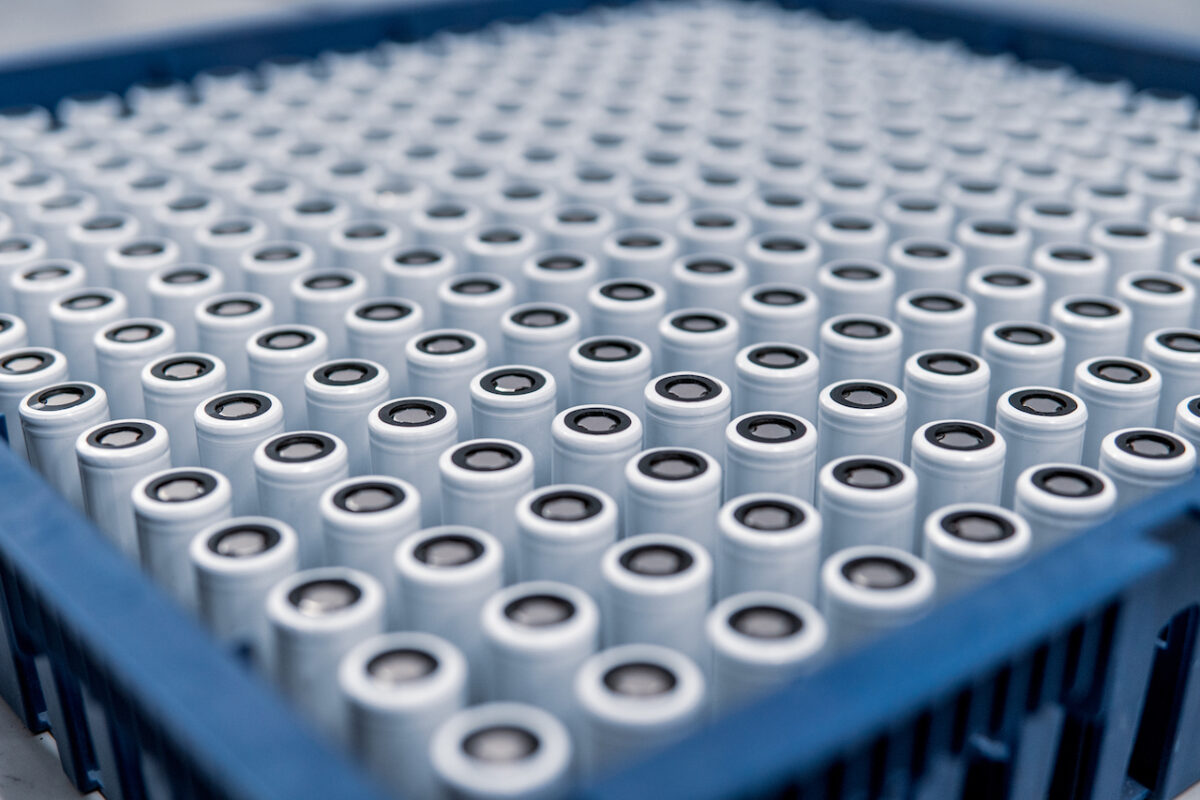In March 2023, Transport & Environment (T&E) considered that subsidies provisioned in the US Inflation Reduction Act might draw investment away from more than two-thirds of Europe’s battery production projects. The organisation estimated that 1.2 TWh of capacity was at risk, without which the region would struggle to meet electric vehicle (EV) sales growth without importing cells to cover the deficit. Fast-forward a year, however, and automakers on both sides of the Atlantic are scaling back their ambitions.
A September 2024 report by fDi Intelligence notes that six OEM-backed battery manufacturing projects worth US$13bn have been cancelled in the US and Europe. Most recently, lithium-ion battery maker Northvolt is experiencing financial straits that the Swedish state has refused to ameliorate. Generally considered Europe’s best chance of establishing a homegrown EV battery industry to compete with China, the start-up is now cancelling gigafactory projects and planning workforce layoffs.
The decrease in EV sales seen in H1 2024 has European automakers hyper-focused on their near-term profitability. Most are now throttling back on their EV sales targets and pledging to ‘follow the market’ instead, maintaining internal combustion engine (ICE) products for as long as they’re able. Although some analysts emphasise that focusing on the mass market could eventually turn the tide in favour of EVs, the regional segment’s battery supply chain is at risk during this period of uncertainty and hesitation.

